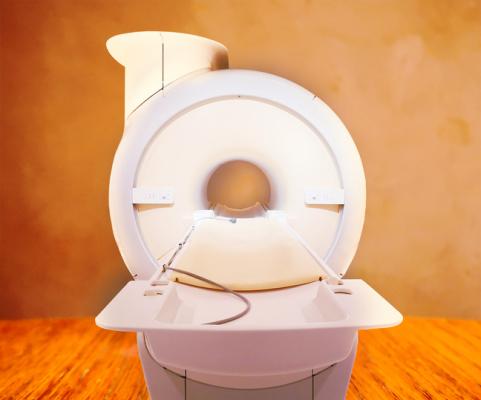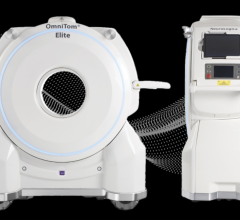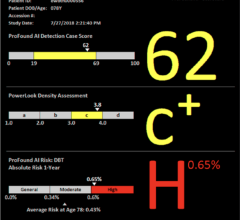
Getty Images
August 4, 2021 — The Council on Radionuclides and Radiopharmaceuticals, Inc. (CORAR), along with physicians and patient organizations, supports the introduction of H.R. 4479, the “Facilitating Innovative Nuclear Diagnostics (FIND) Act of 2021” by Congressmen Scott Peters (D-CA), Bobby Rush (D-IL), Neal Dunn (R-FL) and Greg Murphy (R-NC). The FIND Act will ensure that patients have access to precision diagnostic radiopharmaceutical (RP) drugs and promotes continued life-saving innovations in nuclear medicine.
According to the Society of Nuclear Medicine and Molecular Imaging (SNMMI) more than 20 million Americans benefit each year from nuclear medicine procedures. Diagnostic RP drugs are necessary for all nuclear medicine imaging studies to diagnose and determine the severity of diseases such as Alzheimer’s disease, Parkinson disease, heart disease, prostate, breast, and neuroendocrine cancers. Scientific advancements in diagnostic RP drugs are increasing precision in detecting disease and are vital in informing treatment options for patients.
The current Medicare reimbursement structure in the outpatient setting packages diagnostic RP drugs into nuclear medicine procedure payments. This approach can negatively impact patient care, as it creates a financial disincentive for hospitals to utilize these precision diagnostic RP drugs with patients. The FIND Act, if passed, would direct the Secretary of Health and Human Services to institute a separate payment policy under the Medicare Hospital Outpatient Prospective Payment System (OPPS) for diagnostic RP drugs brought to market after January 1, 2008 and that exceed a per day cost threshold of $500. This change will ensure patients receive medically appropriate tests that provide the most accurate diagnosis and are critical in informing treatment plans.
“In San Diego and across the country, health care innovation has allowed doctors to diagnose, monitor, and treat some of the most aggressive and least understood diseases. Expanding access and affordability to these resources is critical,” said Rep. Peters. “Our bill will provide doctors with radiopharmaceutical diagnostic tools to help their patients find the answers they need to effectively and efficiently treat their illnesses.”
“We cannot tolerate a two-tiered health care system — one for the rich, and one for everyone else. Unfortunately, many low-income and minority patients are being denied access to the most efficient tests, therapies, and care due to the current payment structure for diagnostic radiopharmaceuticals that makes it nearly impossible for many hospitals serving our most vulnerable populations to offer these life-saving diagnostics. The FIND Act is important legislation to help fix this disparity,” said Rep. Rush. “Alzheimer’s disease, prostate cancer, and other life-altering conditions have a disproportionate impact on Black Americans and other minority communities. Ensuring that the best diagnostic tools are available to identify these diseases in patients earlier, when they are the most treatable, is essential.”
“America leads the world in medical research and innovation – but far too often, patients are unable to access the benefits of innovative medical technologies because of outdated Medicare reimbursement policy,” added Rep. Dunn. “The FIND Act is a common-sense, bipartisan proposal to address these current reimbursement problems, giving patients access to the diagnostic tools they need, when they need them. Early detection saves lives and we must do what we can to expand access to these life-saving tools.”
“Passage of the FIND Act will give patients and their physicians the tools they need to diagnose life-threatening diseases sooner - when they are most treatable,” said Rep. Murphy. “Already, we’ve seen that nuclear medicine has the potential to play a larger role in diagnosing advanced disease, including prostate and breast cancer. By finding and confirming these diseases earlier we can not only reduce downstream costs but more importantly, save lives.”
“The FIND Act provides a bi-partisan legislative solution to address a long-standing Medicare reimbursement flaw under the Outpatient Prospective Payment System and will help to ensure that all Medicare beneficiaries have access to innovative diagnostic radiopharmaceutical drugs and state-of-the art care in their communities,” said Michael J. Guastella, Executive Director of CORAR.
For more information: www.corar.org


 July 30, 2024
July 30, 2024 








